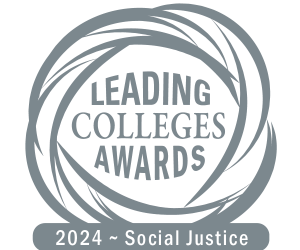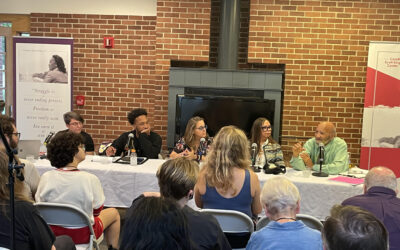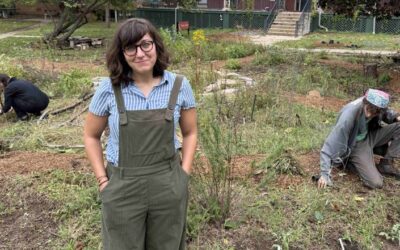Summer 2019
Notes From the Field is a series of updates from Antioch College faculty members about the travel and research they’ve conducted.
Language programs around the country, and especially in small, liberal arts institutions, have been feeling increasingly embattled over the last decade. Despite the lip service paid to “internationalizing” curricula, administrators see declining enrollments all too often as grounds to axe programs, not replace retiring faculty, and defund what look to be under-performing programs when it comes to languages. We just don’t seem to fit the easy market model of pumping out majors with immediately profitable ready-made careers. It’s hard to blame them: The argument for the value of language and culture instruction doesn’t participate in those frameworks.
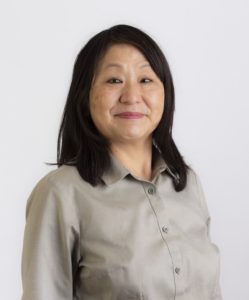 It’s against this backdrop that Toyoko Miwa-Osborne, Japanese Instructor, and Cary Campbell, Assistant Professor of French, participated in a conference of the Great Lakes Colleges Association at Oberlin this
It’s against this backdrop that Toyoko Miwa-Osborne, Japanese Instructor, and Cary Campbell, Assistant Professor of French, participated in a conference of the Great Lakes Colleges Association at Oberlin this 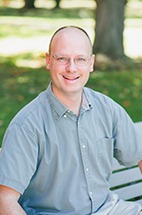 August. The goal was not only to meet colleagues with which to collaborate more closely, but to think strategically about how just such an association of small colleges might, in effect, share each other as resources. As at Antioch, many of these have a single professor in a given language. Rather than locking that professor into a limited palette of skills courses, the GLCA Shared Languages Program (SLP) envisions allowing students from one institution to register for courses offered by another. PWith a set of protocols and technologies to enable quality video-based instruction and other collaborative tools in real time, professors may be able to free up a slot in their course load to teach a more specialized course, even though the numbers might have otherwise justified the cancellation of such a course with only the host institution’s students at play, because other GLCA students are interested.
August. The goal was not only to meet colleagues with which to collaborate more closely, but to think strategically about how just such an association of small colleges might, in effect, share each other as resources. As at Antioch, many of these have a single professor in a given language. Rather than locking that professor into a limited palette of skills courses, the GLCA Shared Languages Program (SLP) envisions allowing students from one institution to register for courses offered by another. PWith a set of protocols and technologies to enable quality video-based instruction and other collaborative tools in real time, professors may be able to free up a slot in their course load to teach a more specialized course, even though the numbers might have otherwise justified the cancellation of such a course with only the host institution’s students at play, because other GLCA students are interested.The coming together of colleagues produced a number of viable strategies and action plans for keeping a vital set of disciplines available and interesting to students and administrators alike in the near and short term. Professors Miwa-Osborne and Campbell have both offered courses through the SLP; Toyoko Miwa-Osborne is one of the pioneering educators in the program. Conference participants found her presentation on the use of Zoom as an online classroom tool enlightening. Of the SLP, she observed, “Professors themselves cooperate and support each other, and students may be able to collaborate for studies of their own interests. It has a lot of possibilities.”

